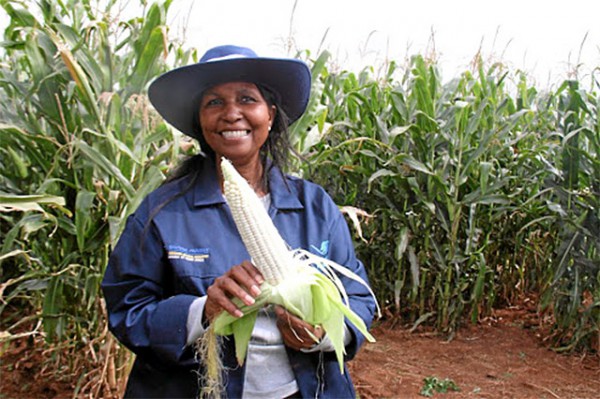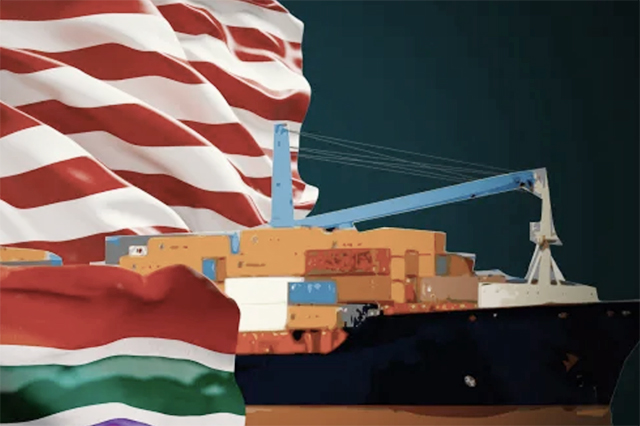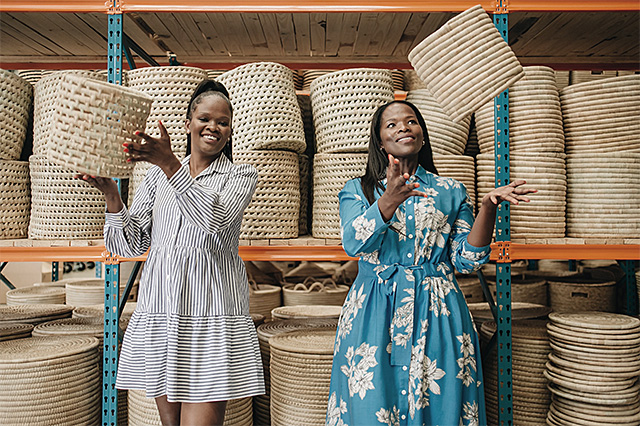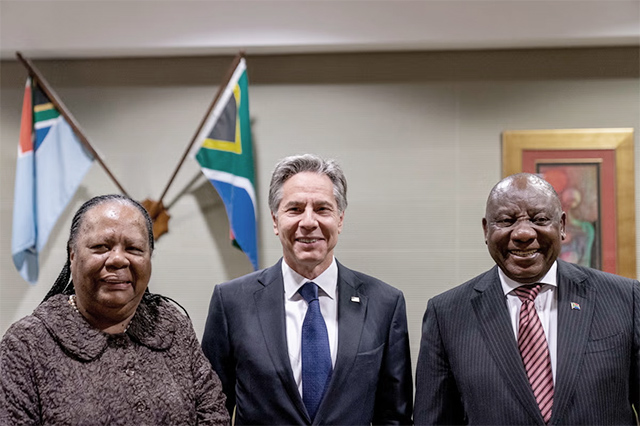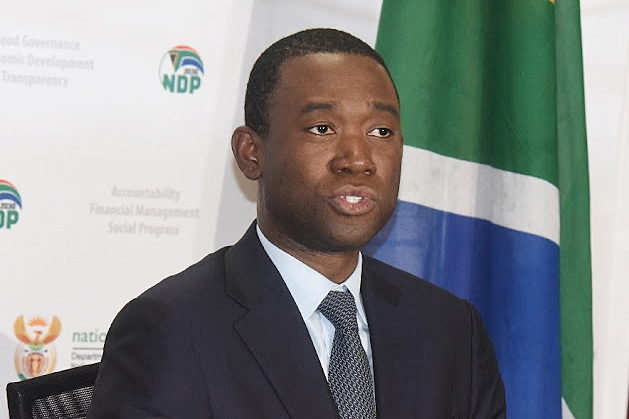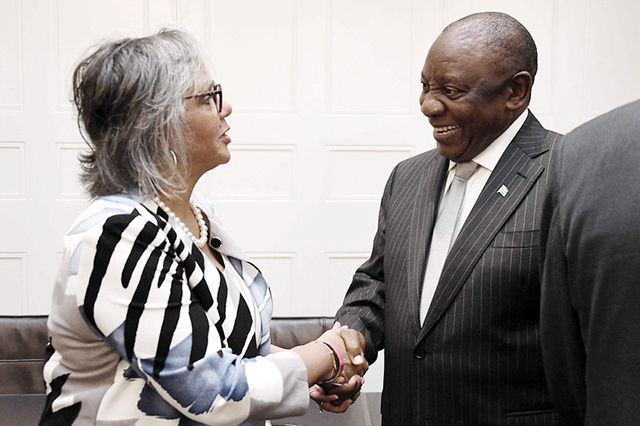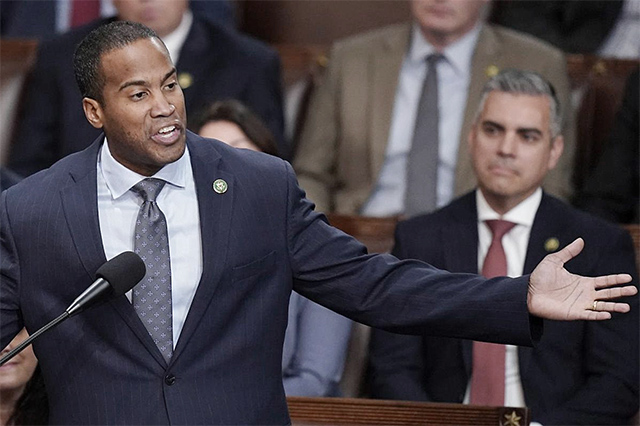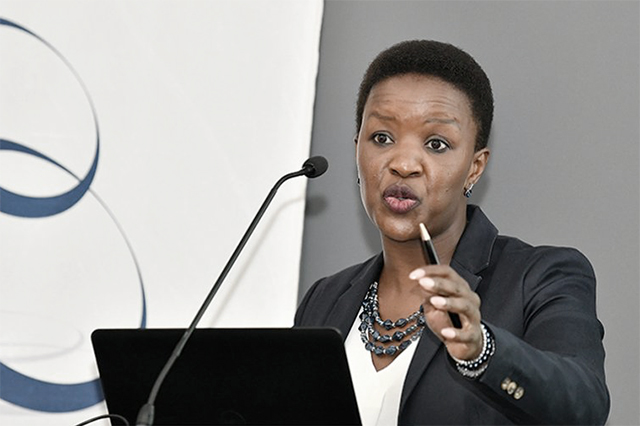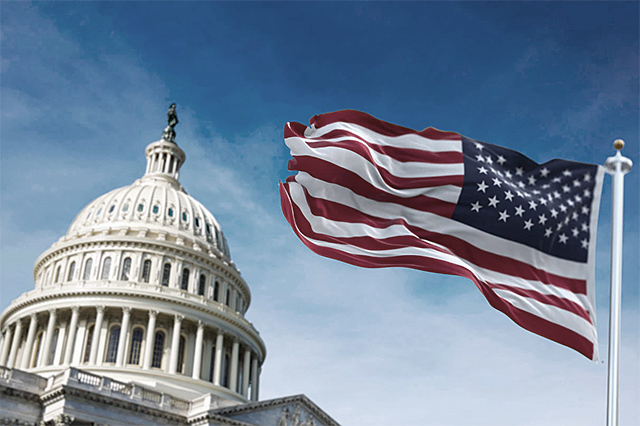South Africa: Western Cape an exception amid signs of recovery in agriculture
It is often said the macroeconomic standing of the agricultural sector has diminished, an argument supported by the sector’s declining share of GDP, which fell from 4.2% in 1996 to 2.3% in 2015.
However, what is not captured in this narrative is that the value of the agricultural sector has grown 40%, from R50.5bn to R71.4bn over that period.
This translates to a fairly modest average annual growth rate of 2.1% over the past two decades, which explains why agriculture’s relative share to the economy has been declining.
Agriculture is not becoming insignificant — it is just that other sectors, particularly the services sector, have grown at a faster rate from a lower base.
The sector has just come out of one of the worst droughts in history, following two successive years of progressively drier seasons.
Consequently, the 2015-16 period resulted in the agricultural sector entering a protracted recession, enduring eight successive quarter-on-quarter GDP declines.
The contraction of the sector has been observed through a number of commodities.
Maize production declined 30% year on year in 2015 and 22% more in 2016, to reach 7.8-million tonnes, the lowest output in a decade. Sorghum touched its lowest level on record, while high-value commodities such as peanuts reached their lowest level in seven decades.
‘To reach full arable potential capital is needed for clearing, soil preparation, irrigation facilities and farm infrastructure’
Overall agricultural exports declined 10% year on year in 2015 and 1% in 2016 in real terms. The trade balance for the sector remained positive, as agricultural exports continued to trend above imports.
Due to the weather’s effect, the sector has been in a state of uncertainty, emanating from a lack of clear and consistent policy direction.
The country’s politics has generally contributed to this policy vagueness and inconsistency, including land-reform policy discussions with mentions of expropriation without compensation and land ceilings, all of which add to uncertainty and affect production and investment decisions.
So far in 2017, there have been signs of a strong production recovery across all agricultural commodities in the country excluding the Western Cape, where dry conditions have persisted. The seriousness of the drought conditions is such that the Western Cape government has declared the province a disaster area. More concerning is that the province produces almost half of SA’s winter wheat crop, with the planting period stretching from April to July.
Given the significance of the Western Cape to national winter crop production, conditions in the province suggest winter crop area plantings will fall substantially. The National Crop Estimates Committee indicated in April wheat farmers intend to plant 2.4% less area than the previous season’s 508,365ha.
With recent events of sustained dryness there are reports that early planted wheat in parts of the Swartland has dried off. This could reinforce the declining planting intentions over the course of the season.
The Western Cape produces all SA’s canola and a large proportion of barley, which means the drought is of national significance.
Unlike the winter grains sector, the summer crop paints a much more positive picture. SA is expected to harvest the second-largest maize crop on record, estimated at 14.5-million tonnes, a year-on-year increase of 86%. The soybean crop is expected to increase 66% to 1.2-million tonnes, the highest output yet.
Although a strong recovery is expected, there are concerns that it may be short-lived due to the possibility that the El Niño weather phenomenon could increase dryness towards the end of 2017. International forecasters such as the Australian Bureau of Meteorology and The Earth Institute at Columbia University estimate a 50% chance of an El Niño developing in 2017.
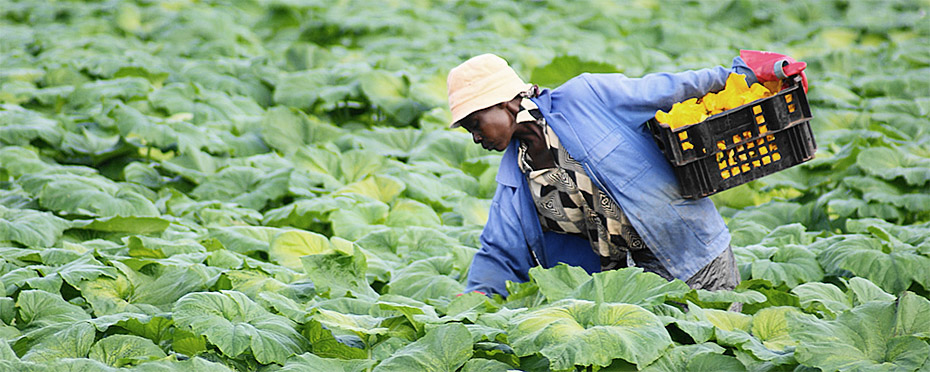
More concerning is that the western cape produces almost half of SA’s winter wheat crop
Amid the uncertainty posed by domestic factors — politics, policy and weather events — the country’s trade policy has presented opportunities and threats to the industry.
The economic partnership agreement between the Southern African Customs Union (Sacu) and the EU has seen SA’s market access being expanded for fresh fruit, sugar, wine and spirits, among other agricultural products. However, as the UK negotiates to leave the EU there is uncertainty over the effect of the Brexit negotiations on SA’s market access to the UK post 2018.
The UK represents a quarter of the value of SA’s fruit and wine exports to the EU. A transitional arrangement between Sacu and the UK could trigger an expansion of SA’s fresh fruit and wine exports to the UK.
The US African Growth and Opportunity Act (AGOA) has caused a continued growth of SA’s exports of macadamia nuts, citrus fruit and wine, among others. Other commodities, such as avocados, litchis and lamb are expected to become eligible for export in the near term.
The Agoa poultry rebate, which came into effect in December 2015, has led to SA importing 56,700 tonnes of bone-in chicken from the US from January 2016 to March 2017. SA imported 47,000 tonnes in the first annual quota from April 2016 to March 2017.
Even though the 65,000 tonne Agoa rebate for US bone-in chicken is subject to an annual adjustment, the quota will not grow for the period April 2017 to March 2018, which should provide some respite for poultry producers after a sharp growth in imports threatened the survival of the industry.
- Sihlobo is an agricultural economist and Kapuya a trade economist.


